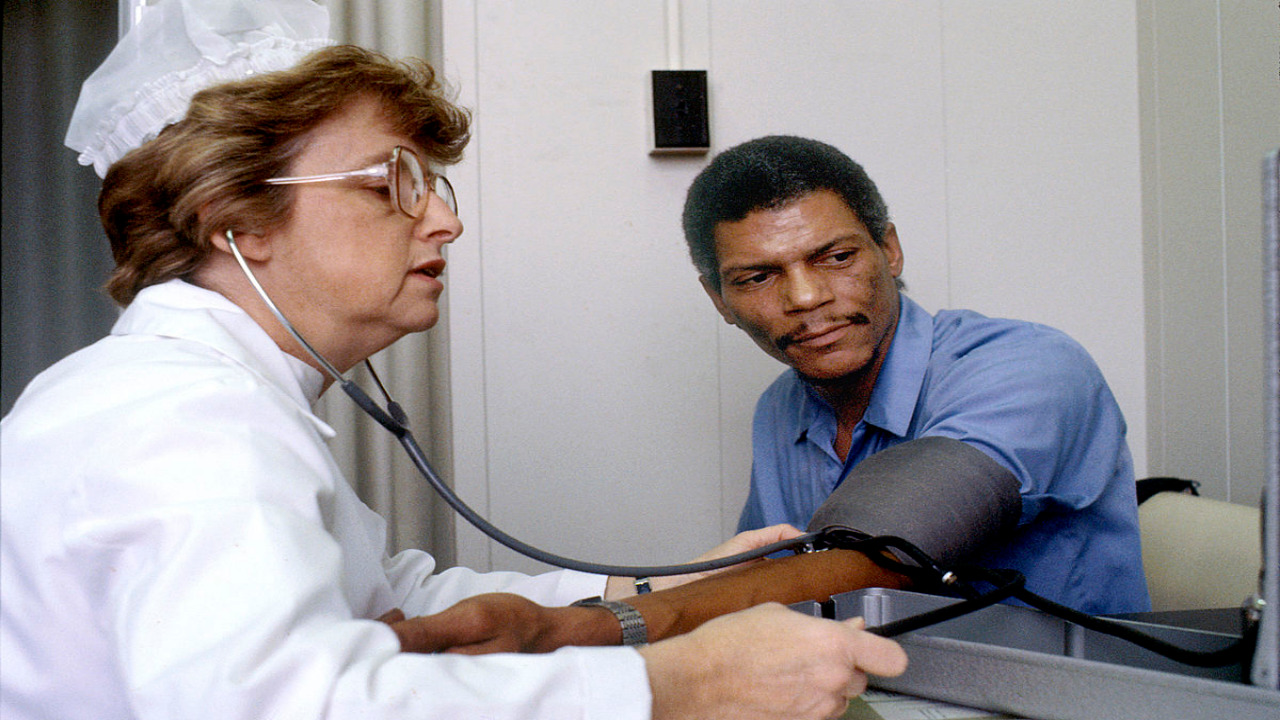The Healers in Demand: A Look at Nursing Salaries and Career Progression
Nursing is a noble profession that plays a crucial role in the healthcare industry. Nurses are often the first point of contact for patients and provide essential care, compassion, and expertise to improve patient outcomes. With the increasing demand for healthcare services worldwide, the need for qualified nurses has grown exponentially. This article delves into the salaries and career progression opportunities for nurses, shedding light on the rewarding nature of this profession.
Rising Demand and Attractive Salaries

The demand for nurses has seen a significant surge in recent years due to several factors. The aging population, advancements in medical technology, and the prevalence of chronic diseases have all contributed to this surge. As healthcare facilities strive to meet the growing needs of their patients, nurses are becoming more indispensable than ever before. To ensure transparency and accurate documentation of their hard work, healthcare institutions have adopted modern administrative practices, including providing a detailed pay stub template for each nurse to track their earnings and benefits. This not only benefits the nurses by giving them a clear breakdown of their compensation but also aids the healthcare facilities in maintaining an organized payroll system.
This increased demand has resulted in a commensurate rise in nursing salaries. According to the U.S. Bureau of Labor Statistics, the median annual wage for registered nurses in the United States in 2020 was $75,330, significantly higher than the median wage for all occupations. Moreover, nursing salaries vary by specialization and level of education. Nurse practitioners, nurse anesthetists, and nurse midwives, for instance, often earn higher salaries due to their advanced training and expertise.
Factors Influencing Nursing Salaries

Several factors influence nursing salaries. One of the primary determinants is geographical location. Nurses working in metropolitan areas or regions with a high cost of living typically earn higher salaries than those in rural or economically challenged areas. Additionally, the level of experience and education also plays a crucial role. Nurses with more years of experience and advanced degrees tend to command higher salaries, as they bring a wealth of knowledge and skills to their roles.
Furthermore, the type of healthcare facility can impact nursing salaries. Hospitals, especially those with specialized departments, often offer competitive compensation packages to attract and retain top nursing talent. On the other hand, nursing homes and long-term care facilities may have more modest salary offerings due to budget constraints.
Career Progression Opportunities
The field of nursing offers a plethora of career progression opportunities, empowering nurses to climb the professional ladder and take on more challenging roles. With experience and further education, nurses can pursue various advanced practice roles such as nurse practitioner, nurse anesthetist, nurse educator, and nurse administrator.
Advanced practice nurses, like nurse practitioners, can work independently, diagnose illnesses, prescribe medications, and provide specialized care to patients. These roles often come with higher salaries and greater autonomy, attracting nurses who seek to take their expertise to the next level.
For nurses who aspire to shape the future of the profession, becoming nurse educators can be a fulfilling career path. Nurse educators play a vital role in training the next generation of nurses, ensuring that the profession maintains high standards and continues to evolve with the ever-changing healthcare landscape.
The Importance of Specializations
Specializations within nursing can significantly impact both career progression and salaries. Nurses can choose from various specialties, including pediatric nursing, oncology nursing, critical care, and psychiatric nursing, among others. Each specialization comes with its unique challenges and rewards, allowing nurses to align their career paths with their passions and interests.
Nurses who pursue specialized certifications and training in high-demand areas often find themselves in greater demand in the job market. These certifications not only enhance their knowledge and skills but also open doors to higher-paying opportunities.
Conclusion
The demand for nurses continues to grow, leading to attractive salaries and diverse career progression opportunities. As nursing becomes increasingly specialized, nurses are well-positioned to carve out rewarding careers tailored to their interests and aspirations. The dedication and compassion displayed by nurses make them an indispensable pillar of the healthcare system, ensuring that the world is in safe and caring hands.

